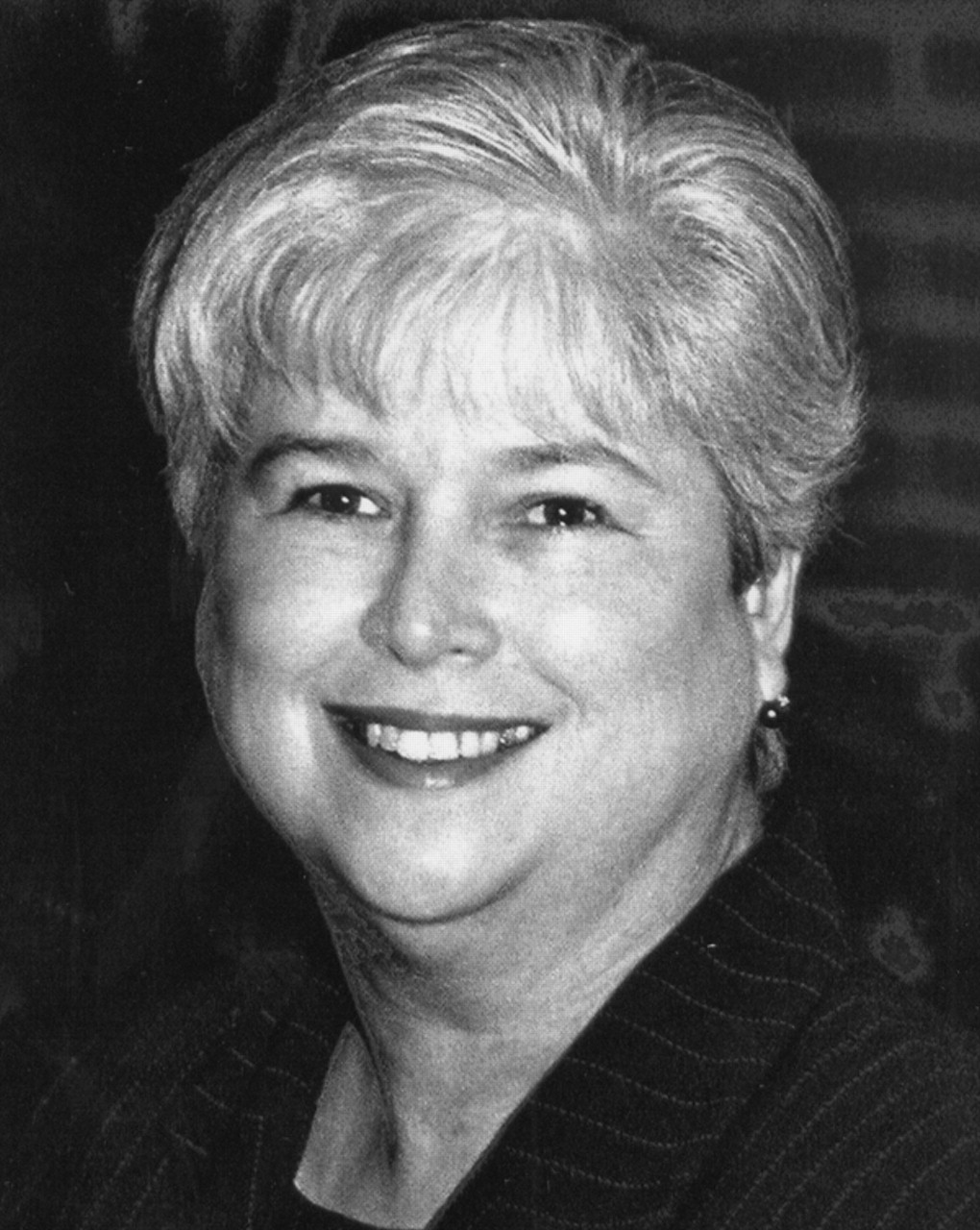Candidates for Vice President

President/CEO, Butler Hospital, 1999-; Patient Care and Forensic Psychiatry, 1989-
Brown University: Faculty, 1989-; Clinical Associate Professor, 1999-
President-Elect, National Association of Psychiatric Health Systems, 2004
Council on Psychiatry and Law: Member, 1994-; Chair, Cyber Medicine Work Group; Member, Restraint and Seclusion Task Force
Secretary, American Academy of Psychiatry and the Law, 2004-
APA Assembly: Rhode Island Psychiatric Society, Deputy Representative, 1999-2003; Representative, 2003-
As vice president of APA, I will work with the Board and medical director to develop a work plan that is relevant to the needs of our patients, relevant to the practice of psychiatry, and relevant to our profession.
Relevance to Our Patients
As a practicing clinician on an inpatient dual-diagnosis unit and as a psychiatric hospital president/CEO, I know the many bureaucratic intrusions into the care of our patients. In the early 90s, I drafted a comprehensive utilization review statute with external review of managed care companies and then worked aggressively to get it passed. Combined with the Health Plan Regulation Act that I also worked on, managed care in Rhode Island is now almost as regulated as health care. We win the fight over 90 percent of the time. Using these legislative experiences and my legal training, I drafted a model act on managed care for APA. Managed formularies are now a similar threat to our patients. We must address these issues through our Board and with our legislators; my experience in advocacy will be an asset to APA as we continue to fight for our patients.
Relevance to Our Clinical Practice
As a member of the Council on Psychiatry and Law, I am leading a work group producing guidelines on e-mail and e-medicine. These FAQs will shortly be posted on the Web site giving guidance on the use of e-mail and of Web sites in daily practice. As vice president, I would continue my work to balance both utility and professional standards in dealing with 21st-century technologies. Helping the profession cope with the electronic age should be a high priority for APA. I will also advocate making Web-based learning, such as Focus, free as a member benefit because I believe that it is our duty to provide this service to our members.
Relevance to Our Profession
As members of a profession, we work toward the enhancement of the profession as well as the welfare of our patients. Discriminatory reimbursements for our work exemplify the impact of stigma on our patients and on our profession. Working as partners with other organizations, like NAMI, we need to confront these issues head on and not allow politics to dictate our agenda. APA needs to become more resolved in its advocacy role and advance the issues we deem relevant and not just issues that may not offend those currently in control of government. I will be a voice for consistent, strong advocacy on issues like parity and reimbursement fairness. In my district branch, I, along with a coalition of community leaders, worked to pass two parity bills—the latest providing coverage for all disorders in the DSM!
As a former training director, I believe we at APA need to do more to assist residents and early career psychiatrists to make the right start in practice. We also need to instill professionalism and integrity in the next generation of psychiatrists. Focusing on the issues relevant to patient welfare and professional responsibility is integral to meeting our responsibilities to our profession, to our patients, and to posterity. With your vote and your support, I will work to develop an APA agenda that meets these tests of relevance.
Primary Professional Activities and Sources of Income
Professional Activities
70%—Leadership (administrative), Butler Hospital 15%—Teaching and research, Butler Hospital/Brown University 15%—Clinical care and forensic consultation, Butler Hospital
Income
100%—Butler Hospital



